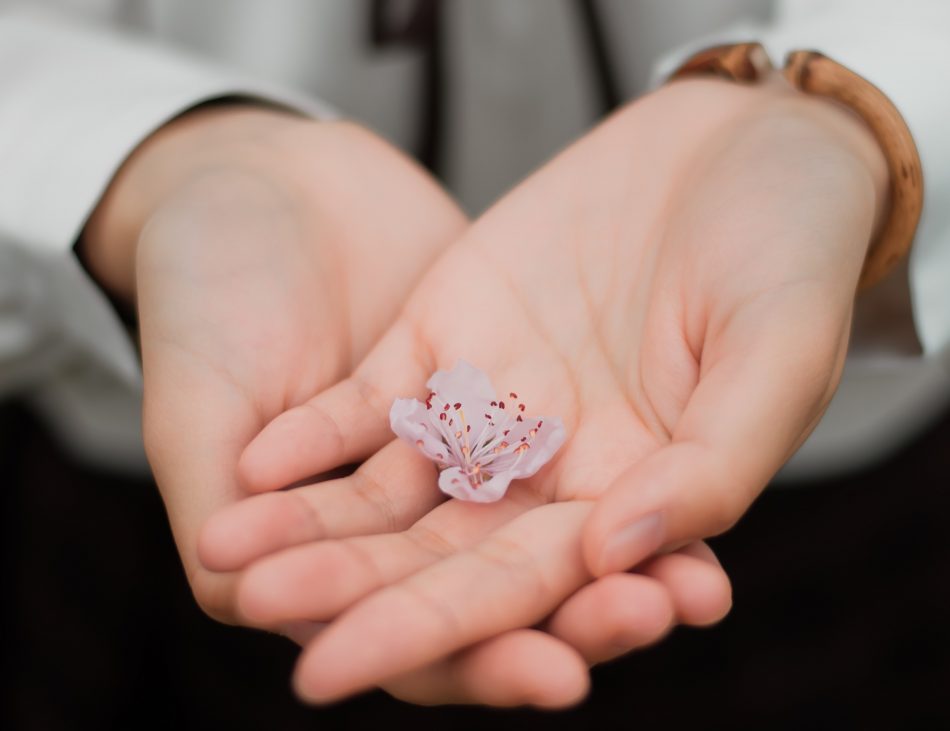With Father’s Day approaching, many are busy buying the dads in their lives the perfect Father’s Day gift, or planning the celebratory BBQs they’ll throw in their honour. But for those whose fathers have passed, the day can bring up more complicated emotions and easily become a time where they feel isolated rather than connected.
In contrast to our current understanding, the origins of Father’s Day speak directly to the struggles of those without a father figure. The event was first recorded in July 1908 when more than a thousand children in West Virginia in the US honoured the lives of the fathers they’d recently lost in a tragic local mine disaster. Nowadays we’re bombarded with TV ads, greeting cards and social media content that’s geared towards celebrating fathers who are still alive, so the day may feel like a harsh reminder of people’s grief to those without a dad.
For Clare, whose father died unexpectedly when she was just six years old, Father’s Day hasn’t always been easy, but her experience lends some useful insights into how others in her position can cope.
“Because I was so young when my dad died, my mum would take my little sister and I to a family support group so we could connect with other children who’d lost a parent. Around the time of Father’s Day, we’d share funny stories, drawings or artwork of nice memories – it made a sad day feel bearable.”
Write it down.
Regardless of your age, take some time to write down any fond memories. This could be a special day you spent together, or what you’re grateful for, and can be done on your own or with loved ones.
Make or decorate a memory box.
Put keepsakes and other special items into a box that can be pulled out and cherished year-round on birthdays, anniversaries and special occasions.
Plan
As Clare’s grown up and changed, the ways she and her family commemorate her beloved dad have changed too. Instead of marking the day by trading memories over family lunch, she’ll sometimes just take a moment of time alone to revisit old photos. Wherever you are on your grief journey, remember that it’s okay for feelings and traditions to be different each year – there’s no right or wrong way.
With this in mind, it can be helpful to plan what you want to do on Father’s Day and who you want to spend time with. Whether you’re choosing to commemorate your father or not, planning in advance can ease the burden of the day and ensure you’re surrounded by loved ones or doing an activity that you enjoy.
Connect
You might have initially had external support from a group like Clare did, but since fallen out of touch. Take this as an opportunity to reconnect with the people who helped you during your hardest days, or reach out to other support systems such as a partner or counsellor.
“One thing I’m really thankful for are my close friends. Whether I’ve known them since childhood or not, they always remember that Father’s Day is different for me, even if that means just sending a quick text to say they’re thinking of me; small gestures really do go a long way,” she said.
Be mindful
For people who still have their dads around Father’s Day, it’s important to remember that not everyone is in the same boat, and that even if someone’s father passed away long ago, this time of the year can resurface old grief.
The information on this website is for general information only and are not (and nor are they intended to be) a substitute for professional medical or mental health advice, nor is it used for diagnosis and treatment. You, or anyone you are concerned about, are encouraged to seek professional medical or mental health advice and treatment from suitably qualified medical and clinical practitioners and providers.
Our full terms and conditions are available here
If you are in crisis or think you may have an emergency, immediately call Emergency 000. If you're having thoughts of self-harm or harm to others call Lifeline on 13 11 23 to talk to a skilled, trained counsellor. If you are located outside Australia, contact your local emergency line directly.






